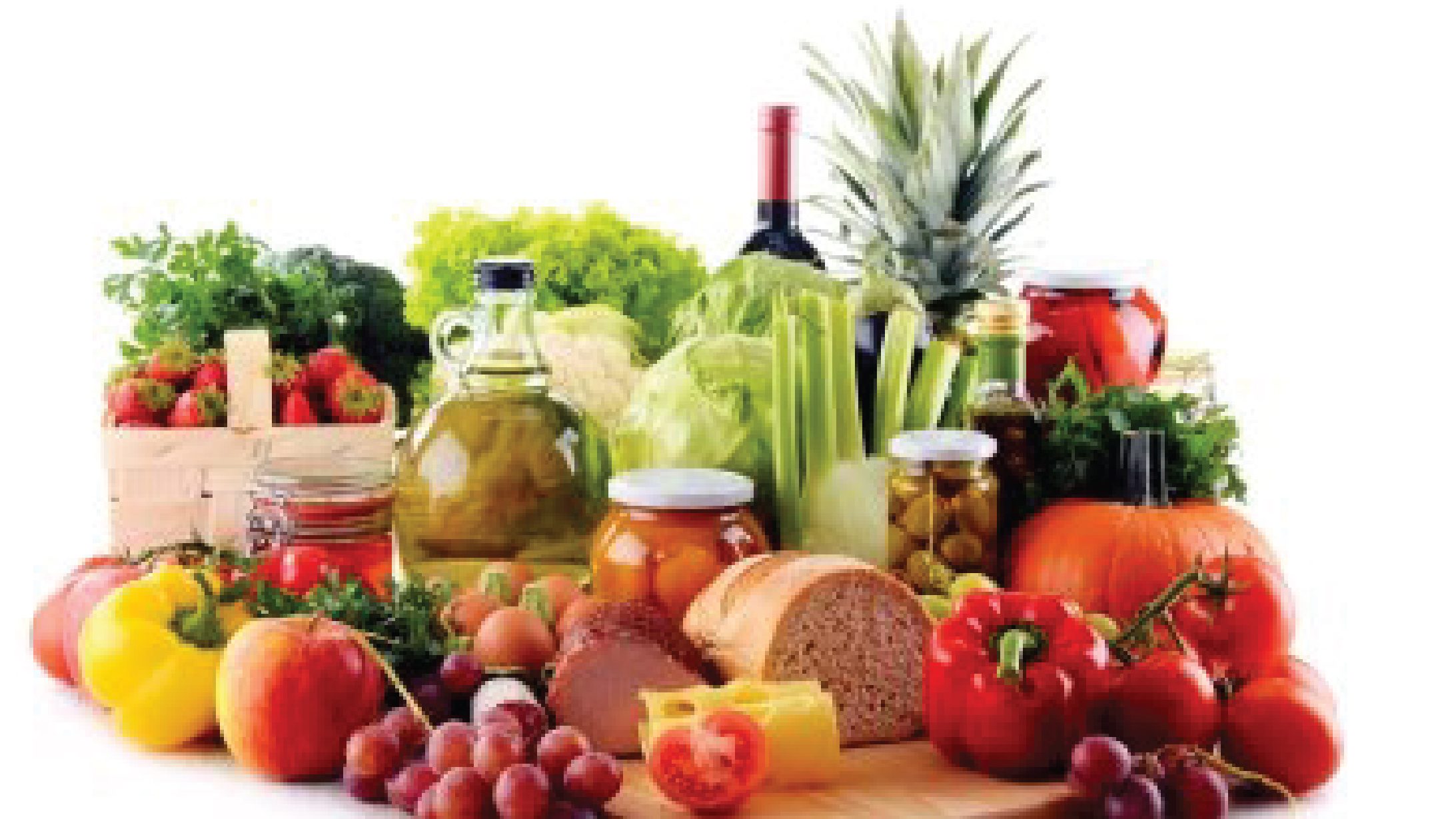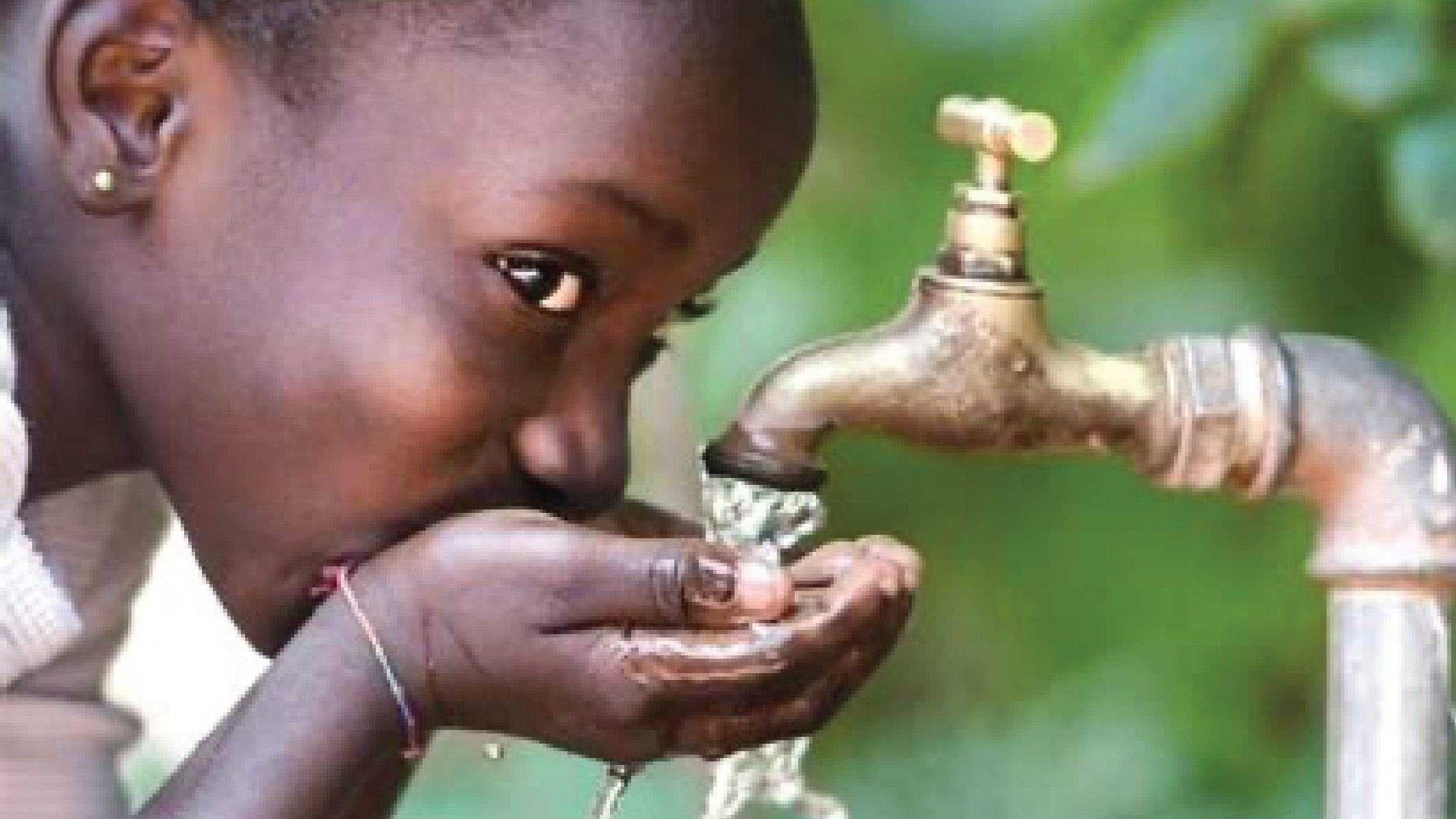
Clarity Standards Laboratory
Because your life matters

Food Safety
Food safety and quality is paramount to maintenance of human health, and consequently in shaping the credibility of all stakeholders within the food supply chain – from producers to service providers.
show moreEnsuring the safety of food not only bolsters an industry’s global competitiveness and integration into international value chains, but also safeguards the reputation of the brand. Conversely, the perils of unsafe food extend beyond public health hazards to include economic losses and reputational harm. Rigorous adherence to food safety regulations is essential, serving as a cornerstone for public health protection, minimizing product recalls, fostering consumer trust, and sharpening the competitive edge of businesses.
OUR VALUE PROPOSITION
The Food Safety Division operates a cutting-edge biological safety level 2 (BSL-2) laboratory that employs globally recognized methods to detect and identify bacterial agents behind food-borne illnesses and spoilage in food, water, and animal feed. Our comprehensive testing portfolio targets a spectrum of pathogens, including Salmonella, Shigella, Escherichia coli, Bacillus, Listeria, and Clostridium as well as indicators of poor manufacturing practices such as Staphylococcus, yeasts and molds. We are committed to assisting the food industry in affirming the safety of their products and ensuring compliance with stringent international standards and regulations.
show less
PERSONAL CARE AND HYGIENE
Maintaining good personal hygiene is pivotal in fostering a healthy and productive lifestyle, and mitigating risks associated with infections and diseases.
show moreIt forms the cornerstone of wellness, enabling individuals to thrive in both personal and professional spheres. Conversely, neglecting personal hygiene can create breeding grounds for pathogens, heightening susceptibility to opportunistic infections and potentially leading to adverse social consequences, such as isolation and loneliness due to social avoidance. In recognition of these health imperatives, consumers utilize a wide array of hygiene and personal care products to enhance personal well-being and serve as a proactive defense against pathogens.
OUR VALUE PROPOSITION
The Hygiene and Personal Care Division prides itself on its state-of-the-art biological safety level 2 (BSL-2) laboratory, where we use internationally-approved testing protocols to affirm the safety of a broad spectrum of personal care products including cosmetics, detergents and disinfectants. Our testing portfolio is designed to identify and quantify pathogens such as Escherichia coli and Candida albicans as well as indicators of poor manufacturing practices such as Staphylococcus, yeasts, and molds, in raw materials, ingredients and final products. This comprehensive approach ensures that companies can confidently introduce their products into the market. By partnering with us, businesses are equipped to navigate the complexities of product safety, secure in the knowledge that their offerings are not only safe for consumers but also poised for success in the competitive marketplace.
show less
FOOD COMPOSITION
The timeless wisdom of the saying ‘You are what you eat’ is rooted in the nutritional essence of our diet, defined by the balance of macronutrients and micronutrients it contains.
show moreA healthy lifestyle is intricately linked to the availability and consumption of the right proportions of macronutrients (i.e. carbohydrates, proteins, fats, and fiber) as well as essential micronutrients (i.e. vitamins and minerals). These components are the building blocks of a robust and vibrant life. In addition, the food processing industry uses various additives to enhance product functionality and extend shelf-life of foods, thereby ensuring that foods retain their desired qualities. Legislation governing food safety and labeling is instrumental in guiding manufacturers to transparently disclose the nutritional content of their offerings. This includes information on the amounts of key macronutrients and micronutrients, aligned with the Recommended Daily Allowance and the amount per serving, empowering consumers to make informed dietary choices that resonate with their health objectives.
OUR VALUE PROPOSITION
The Food Composition Division is dedicated to analyzing and quantifying the nutritional components of food and feed. Our comprehensive assessments cover the full spectrum of macronutrients (i.e. moisture, crude fat, fiber, protein, ash, and carbohydrates) as well as vital micronutrients (i.e. vitamins and minerals). Additionally, we test the presence of additives and beneficial microbes, ensuring that products meet both national and international regulatory standards. Beyond our analytical expertise, we extend our support to businesses through technical assistance tailored to navigate the complexities of food nutrition labeling. Our technical support enables companies to fulfill their legal obligations, fostering transparency and consumer trust in the nutritional value of their products.
show less
FOOD CONTAMINANTS
A significant portion of the global food supply goes to waste due to mishandling or infestation. Concurrently, the agricultural sector has witnessed swift advancements in technology that span the entire farm-to-fork value chain.
show moreThese innovations have facilitated an increased reliance on chemical agents aimed at boosting agricultural productivity and minimizing post-harvest losses. While these strides in enhancing agricultural productivity are commendable, they result in the presence of various undesirable chemical residues in both food and personal care products. The accumulation of these residues in foods poses potential health risks to consumers, as they may be exposed to a cocktail of chemicals, some of which might have long-term adverse effects. Recognizing this threat, regulatory bodies have taken proactive measures to safeguard public health. They have established stringent maximum residue limits for these substances in consumer products. These regulations are critical in maintaining the delicate balance between enhancing agricultural productivity and protecting consumer health from the unintended consequences of technological progress in food production.
OUR VALUE PROPOSITION
The Food Contaminants Division supports industries and regulatory authorities to ensure food safety by employing cutting-edge technology and adhering to globally recognized analytical protocols. This division assesses a wide array of potential contaminants that may be present in our food supply chain. These include: pesticides, chemical residues, mycotoxins, heavy metals, mineral oils, persistent organic pollutants and veterinary drug residues. The division’s rigorous testing regime is designed to detect trace amounts of these substances, ensuring that the food on our tables meets the highest standards of safety and quality.
show less
WATER AND WASTEWATER
Water, a vital resource, is sourced from a variety of natural reservoirs including streams, lakes, rivers, underground aquifers, precipitation, boreholes, and the ocean. It serves a multitude of functions across various sectors:
show moreit is essential for domestic use, drives industrial processes, nurtures agricultural lands, and provides enjoyment in recreational activities. Following its utilization, water is often returned to the environment, which necessitates careful management of its quality. Given the diverse applications of water, users require specific quality characteristics tailored to their needs. To ensure the safety and suitability of water for all its uses, regulatory agencies have instituted comprehensive water quality standards. These standards serve as benchmarks to evaluate the condition of both fresh water and wastewater. The establishment of these standards reflects a proactive approach to environmental stewardship and public health protection. By setting and enforcing these criteria, regulatory bodies play a pivotal role in preserving the integrity of water resources and ensuring that the cycle of water use and disposal does not compromise the well-being of current and future generations.
OUR VALUE PROPOSITION
The Water and Wastewater Division is dedicated to assessing the physical, chemical, and microbiological properties of water and wastewater, ensuring that it meets the required safety and quality benchmarks. We test a diverse range of water types including effluent, potable, irrigation, and storm water. The parameters tested encompass a comprehensive suite of indicators that reflect the water’s overall physical, chemical and microbiological quality. By meticulously analyzing these parameters, we play a crucial role in monitoring and maintaining the integrity of water resources. Data obtained from these tests is invaluable for environmental management, public health, and ensuring compliance with regulatory standards. The laboratory’s commitment to precision and excellence ensures that the water we rely on for various aspects of our lives is safe, clean, and sustainable.
show less
CONSULTANCY AND TRAINING
The competitive edge of an industry in the global marketplace is influenced by its capability to demonstrate adherence to international quality standards for products and services.
show moreThis compliance is not merely a formality but a critical factor that reflects the reliability, safety, and excellence of an industry’s offerings. Industries that consistently meet or exceed these quality requirements are often viewed as leaders in their field, earning the trust of consumers and partners worldwide. They are able to navigate international trade regulations more effectively, access wider markets, establish brand reputation for quality, and engage in fair competition. Compliance with international standards often necessitates a commitment to continuous improvement and innovation. This drives industries to invest in better processes, technologies, and training, which not only enhances quality but also efficiency and sustainability.
OUR VALUE PROPOSITION
CSL is a beacon of excellence in the realm of quality assurance, offering a comprehensive suite of consultancy and training services. These services are meticulously crafted to empower organizations in establishing and maintaining high standards of operational quality. Our expertise encompasses laboratory design; capacity building in Hazard Analysis and Critical Control Points (HACCP), Good Manufacturing Practices (GMP), and facilitating adoption of ISO 22000 (a globally recognized standard that specifies the requirements for a food safety management system). Moreover, we provide invaluable support to industries by monitoring and interpreting changes in national and international legislations, standards, and methods. This vigilant tracking ensures that our clients remain abreast of the latest developments and are well-prepared to meet evolving regulatory, safety, and customer requirements.
show less
